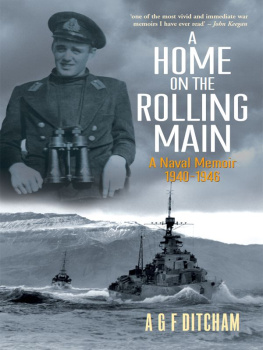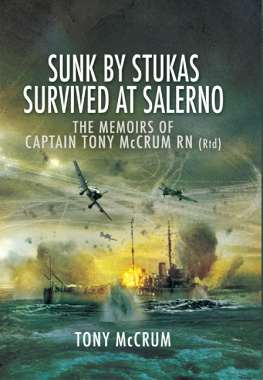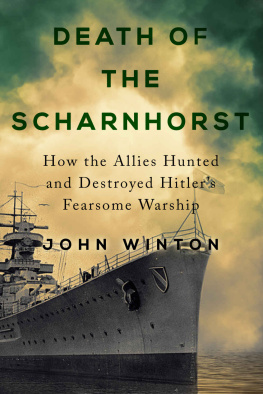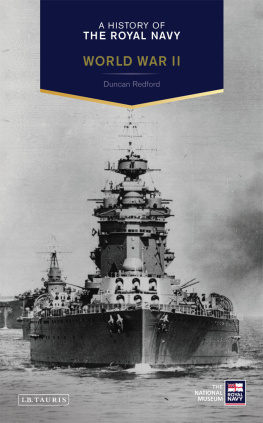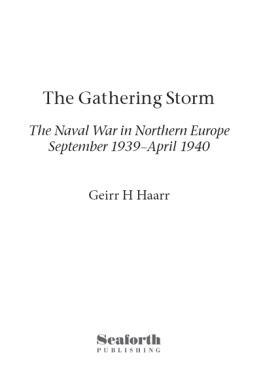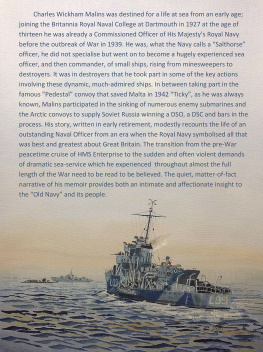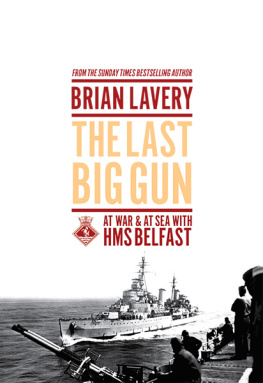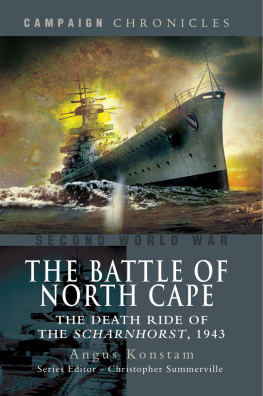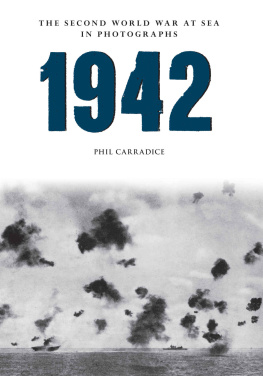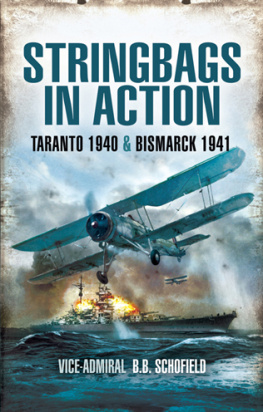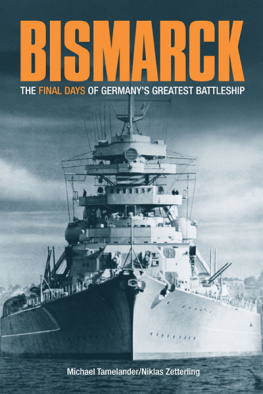Tony Ditcham started as a cadet in the training ship H.M.S. Worcester and left in 1940 as a Midshipman R.N.R. Then, as this book details, he served in various fighting ships in the Royal Navy during the Second World War. After active service he joined the Overseas Civil Service in Nigeria and spent the succeeding thirteen years in Africa. This was followed by over twenty years in British industry until he retired in 1982.
Reviews of the first edition
In my view, as a story of another young mans war, it is every bit as good as The Cruel Sea and has the added merit of being absolutely factual. It really is that good.
The story is told with humour and is elegantly written (maybe an unusual adverb, but I think it describes it well). It is evident that he liked his fellow-men he has nothing but praise for his mess-mates, and particularly for his successive Captains, seven in all, if Ive counted aright, and it is a measure of their comradeship that he has remained in touch with many of them for the best part of seventy years.
Two particular accounts are worthy of remark: one is the story of the Battle of North Cape, illustrated by his own drawings (he is no mean artist) as seen from Scorpion s Director Control Tower: the other is his account of D-Day and after. For the first, most accounts describe the battle from the battleship or cruiser point of view: his is the destroyer point of view, engaging Scharnhorst at a range of 1860 yards on opposite courses, closing speed 56 knots he hit her with all four guns, first salvo. For D-Day, when they werent bombarding, it was night patrols to keep out the E-boats, which were a great deal more active than most history books suggest.
Ditcham describes the book as an archive-memoir, and it is worth the title most memoirs are short on dates and times, but this is, as far as I can judge, accurate and complete.
As a story of World War Two at sea, seen through the eyes of one young man growing up, this is, and I do not think I am exaggerating, a masterpiece. It is most strongly recommended.
The Naval Review
Anyone who enjoys a good read by the likes of Forester, Patrick OBrian or Nicholas Monserrat will love this thrilling account of the experiences of Tony Ditcham, wartime RNR officer, who spent almost six years at sea in destroyers
[The] chapter on the North Cape Battle, with its brilliantly clear sketches and diagrams by the author, is perhaps the outstanding one in a book full of high-speed action, which gives a vivid impression throughout of the camaraderie, courage and discipline of life on board a very busy destroyer in a period of intense action and almost constant danger. Ditcham writes with affection of all his shipmates, with humanity about the inevitable occasional loss of a crew member, and with compassion towards the German seamen left struggling in the icy sea, strewn with debris and oil where the Scharnhorst sank. In spite of heroic efforts by the British, they were unable to save more than about thirty-six out of nearly 2,000. War is not a pretty thing, at sea or on land, despite its many thrilling aspects, which are described in this remarkable book with such attractively understated elegance and modesty.
It is a handsomely produced volume, 349 pages long, copiously illustrated with photographs, sketches and diagrams, most by the author - a wonderfully good read and worth a place on the shelves of anyone who loves the sea and those who go down to it in ships.
Royal Cruising Club Newsletter
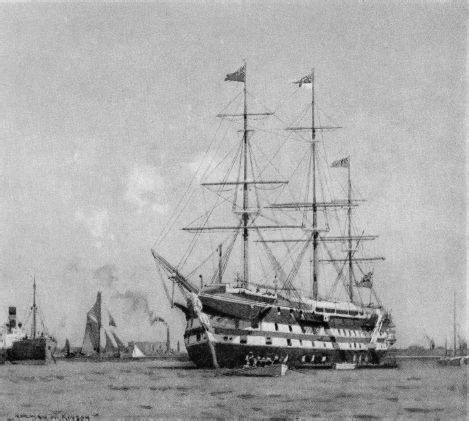
Training ship H.M.S. Worcester on the River Thames. From a painting by Norman Wilkinson
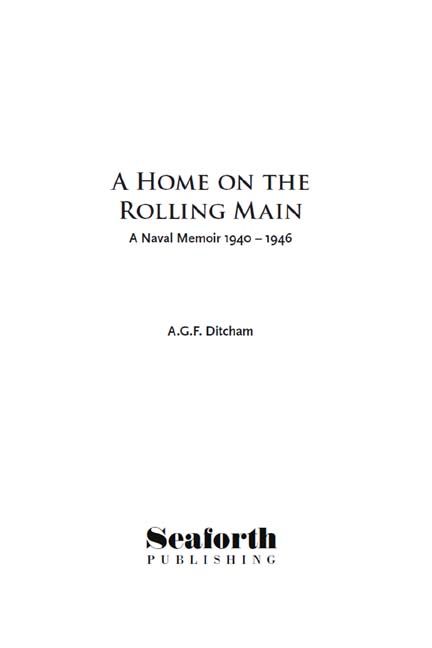
Copyright A.G.F. Ditcham 2012
North Sea map Halava
Barents Sea map Norman Einstein
North Cape plaque bigbug21
Wikimedia Commons / CC-BY-SA-3.0 / GFDL
First published in a limited edition by the author 2012
This edition first published in Great Britain in 2013 by
Seaforth Publishing
An imprint of Pen & Sword Books Ltd
47 Church Street, Barnsley
S Yorkshire S70 2AS
www.seaforthpublishing.com
Email info@seaforthpublishing.com
British Library Cataloguing in Publication Data
A CIP data record for this book is available from the British Library
ISBN 978-1-84832-175-5
eISBN 9781473826250
All rights reserved. No part of this publication may be reproduced or transmitted in any form or by any means, electronic or mechanical, including photocopying, recording, or any information storage and retrieval system, without prior permission in writing of both the copyright owner and the above publisher.
The right of A. G. F. Ditcham to be identified as the author of this work has been asserted in accordance with the Copyright, Designs and Patents Act 1988
Typeset and designed by Pete MacKenzie
Printed and bound by CPI Group (UK) Ltd, Croydon, CR0 4YY
CONTENTS
For my children Philippa, William and Alice and my extended family group
Foreword
I t took me about ten years to overcome the inertia which hampered my pen in starting the scribble herein. I feel it necessary to explain its existence, as enough memoirs have been written, and I do not want anyone to accuse me of claiming a greater share in Hitlers War than that of Errol Flynn.
The first two years are based on the official-ese of my Midshipmans Journal. This was an obligatory task, inspected weekly by the Snotties Nurse and Commander in a big ship, and by the Captain and 1st Lieut. in a small one. These Journals, being informed and objective, are now much sought after by Museums and Archives.
To cut a long story short, Stephen Roskill, the naval historian, when he was Senior Fellow of Churchill College, pressed me to give my Journal to the College Archives. After he died, so did the equally distinguished historian Corelli Barnett, who was then Keeper of the Archives at Churchill College. Eventually I undertook to send a copy to the College (as my children wanted to keep the Journal) plus a personal uninhibited narrative relating to the events described. This has at last been done.
Most war memoirs are written by commanders, in-Chief, or at lower levels. There may be a little merit in the worms-eye-view. I had intended it to concentrate on the bizarre, the ludicrous and the hysterical; but the facts and the memories crowded in. It is what happened as it happened.
If it seems egocentric, even (God forfend) vainglorious, it was conceived as being only for private circulation, Churchill College and my three offspring. It was not intended for naval readers, who would find much of it tedious where I have spelled out various esoteric terms in childs guide fashion. Above all, I am only too aware that lots of sailors had many more, and far worse nasty, brutal and short experiences than I did.
I showed the first few pages of manuscript to Tony Burbidge, CBE, a distinguished civil servant. Being cleverer by far than me, he actually enjoys playing with a word processor and has typed, retyped, advised and edited with the patience of Job. Without him, there would be nothing to read. Blame him.
A.G.F.D
Presteigne, October 1996
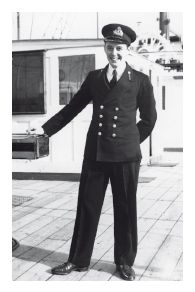
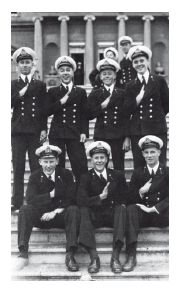
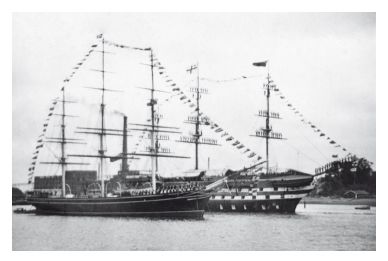
Next page
